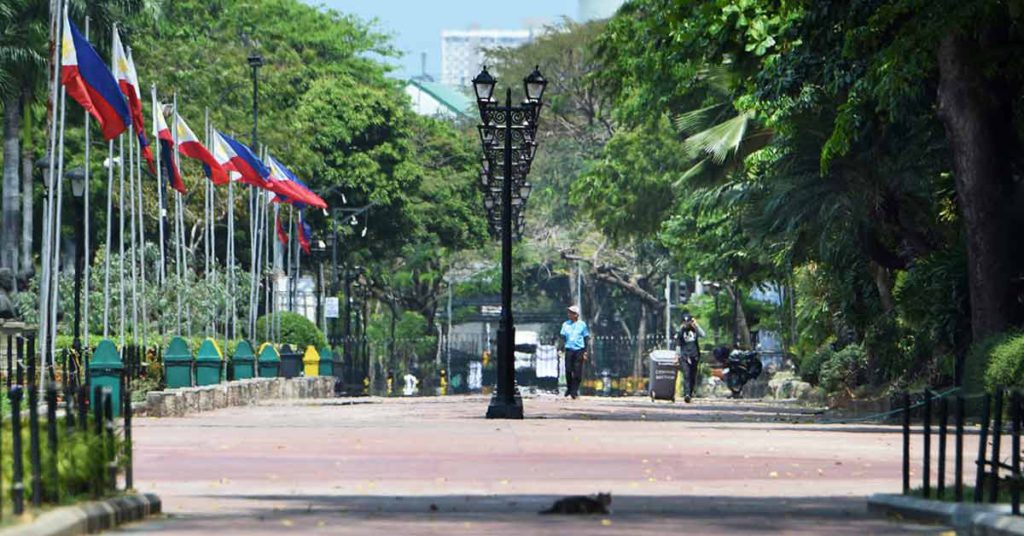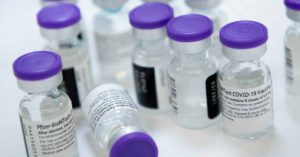
Yesterday, 12 June 2021 was the 123rd Independence Day of the Philippines. 12 June is one of the most important dates in the history of the Philippines for it marks the Declaration of Independence of the country from the clutches of Spanish colonial rule in 1898.
This is also the day when Filipinos celebrate and commemorate the courage, bravery, sacrifices, and heroism of Filipinos who fought for the freedom of the motherland from the colonisers. On this day, Filipinos commemorate not only the country’s hard-earned freedom and independence but its rich and colourful traditions and culture.
Likewise, on this day, the country’s sovereignty is much appreciated alongside the bravery of the martyrs and heroes of the revolution against Spain.
Indeed, the Independence Day of the Philippines was a monumental feat. It can be recalled that for more than 300 years, the Philippines was under the tutelage of Spain. It was a Spanish colony named after King Philip II of Spain. It was Ferdinand Magellan who discovered the Philippine archipelago in 1521, but it was during the expedition of Miguel Lopez de Legazpi in 1565 that the Spaniards gained a foothold in the Philippines.
In retrospect, Magellan was killed by Lapu Lapu, a local hero in the Battle of Mactan, a fierce clash fought in the Philippines on 27 April, 1521 between the warriors of Lapu Lapu and that of Magellan in which the Spanish force was defeated.
As the Spaniards gained some footing in the Philippines, they built the city of Intramuros in 1571, which was later renamed Manila, and became the capital of the land. Then in time, the Spaniards ruled over the country and created a colony out of it.
In the course of Spanish colonialism, feelings and a sense of nationalism were ignited leading to a rebellion that was fuelled by the written works of Dr Jose Rizal, the country’s national hero, and the author of two novels “El Filibusterismo” (The Filibusterer), and “Noli Me Tangere” (Touch Me Not).
These books stirred a sense of patriotism and nationalism among Filipinos like wildfire strewn across the country, leading to the founding of the “Katipunan” led by Andres Bonifacio. The revolution against Spain commenced in August 1896, which led to the proclamation and declaration of Independence from Spain on 12 June, 1898 under the command of General Emilio Aguinaldo.
It was on this day that the Philippine flag was first raised and its national anthem was sung and played for the first time.
Celebration
The celebration and commemoration of Independence Day in the Philippines at this time of the pandemic has been quite out of the ordinary without much fanfare. There were no parades nationwide, with less physical participation on the part of citizens and even from the government. There were not many celebratory activities since many areas of the country are still under lockdown.
Also, many Filipinos are frustrated with the lack of independence and freedom from the restrictions brought about by the COVID-19 pandemic. Nevertheless, despite a sense of frustration and exasperation, Filipinos still celebrated Independence Day in their homes with their families and virtually with friends and relatives in the hope that the battle against the COVID-19 pandemic will be won.
The country also celebrated Independence Day by displaying the national flag in various historical places, in many public and private establishments nationwide. In Rizal Park and other national historical landmarks, national government officials together with the Armed Forces, the Philippine National Police, and the general public, sang the national anthem Lupang Hinirang (Chosen Land), while raising the national flag.
President Rodrigo Duterte led the 123rd Independence Day rites in Malolos, Bulacan and paid tribute to Filipino heroes Marcelo H Del Pilar and Gregorio Del Pilar. He also paid tribute to the country’s health care workers and other front liners, referring to them as “modern-day heroes” who have been battling the coronavirus pandemic.
Conclusion
Indeed, like the rest of the world, the Philippines is fighting a different war against an unseen enemy. The country is fighting for its freedom and independence from the coronavirus disease with its medical and essential front liners akin to fierce and brave modern-day warriors battling against the prevailing COVID-19 pandemic.
These modern-day heroes and heroines continue to battle it out while remaining steadfast despite the enormous risk to their lives in ensuring the safety of all Filipinos.
Thus, in celebrating the 123rd Independence Day of the Philippines, Filipinos must similarly fight for their independence and freedom from the socio-economic mayhem brought about by the pandemic.
That means in the practical sense being vaccinated and following the minimum health standards of wearing a face mask and face shields to protect others; staying at home as much as possible, and avoid going to crowded places as much as possible. These are potent tools and prescriptions readily available that can be used to end the COVID-19 pandemic.
Filipinos, in general, can be heroes and heroines in their own right and help to contain the surge in COVID-19 cases by exercising shared responsibility and being vigilant; following the minimum health standards/protocols prescribed by the World Health Organization (WHO), and by participating in the government’s national vaccination program.
Similar to the spirit of unity shown by their forebears during the 1896-1898 revolution and struggle against the Spaniards, Filipinos should once again unite to win the fight against COVID-19 to ensure the safety of all Filipinos and the country in general.
“Filipinos can be heroes in their own right. Each of us has been called upon to be heroes in our own right in fighting for our survival and devoting ourselves to the common good just as our heroes did more than a century ago,” said President Duterte in a taped message aired during ceremonies at Rizal Park in Manila yesterday in celebration of Independence Day.
Source: The ASEAN Post
https://theaseanpost.com/article/philippines-independence-day-amid-pandemic



